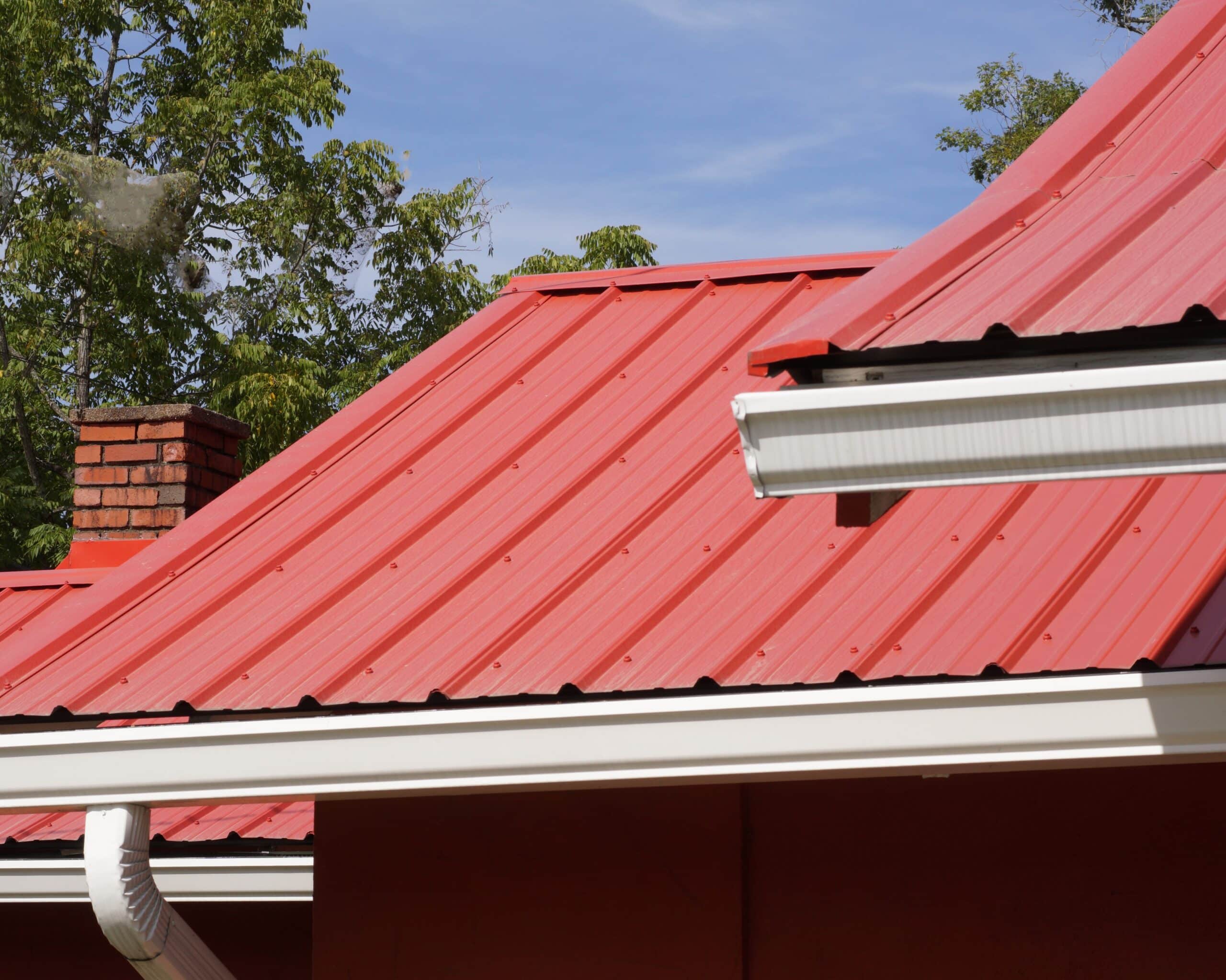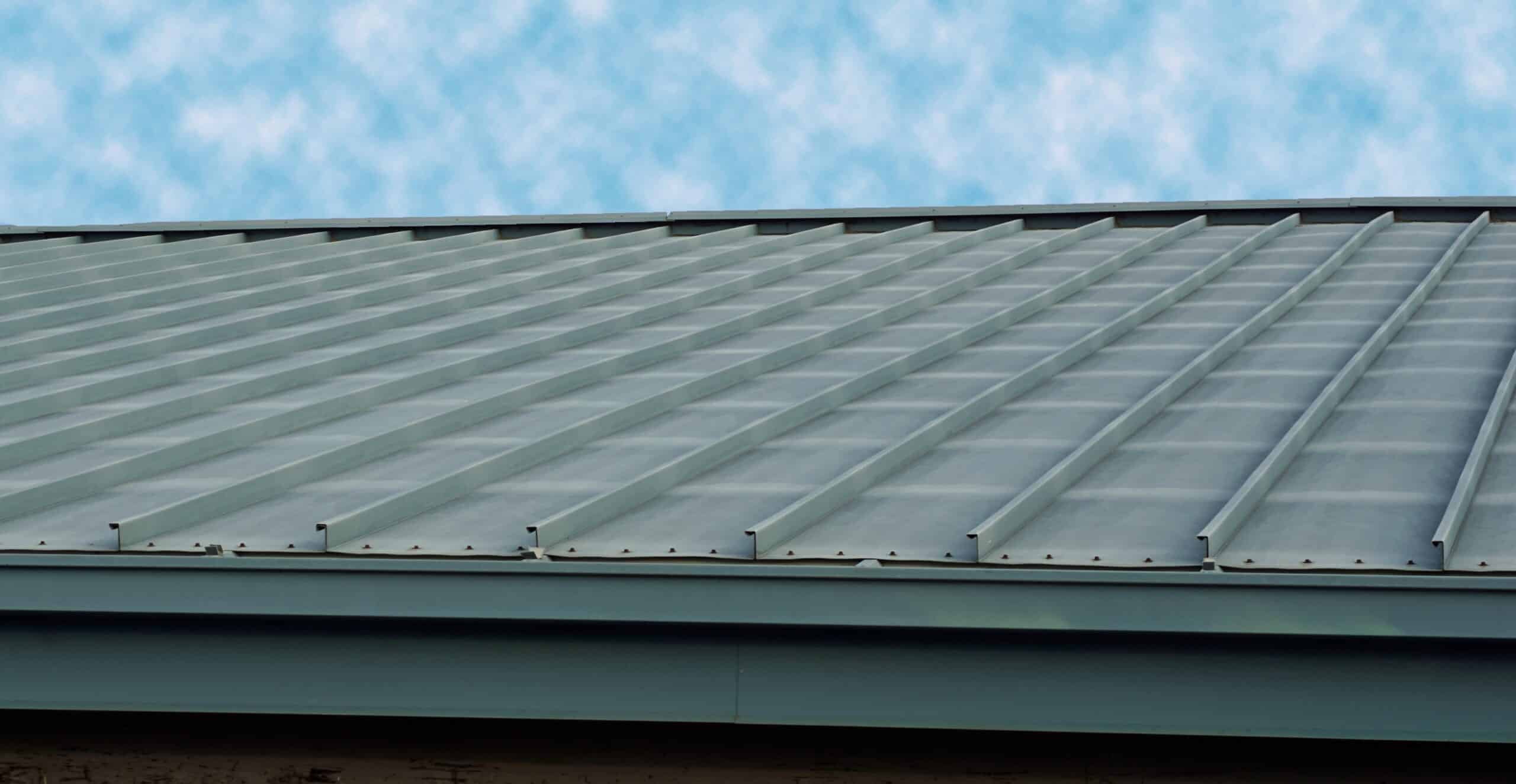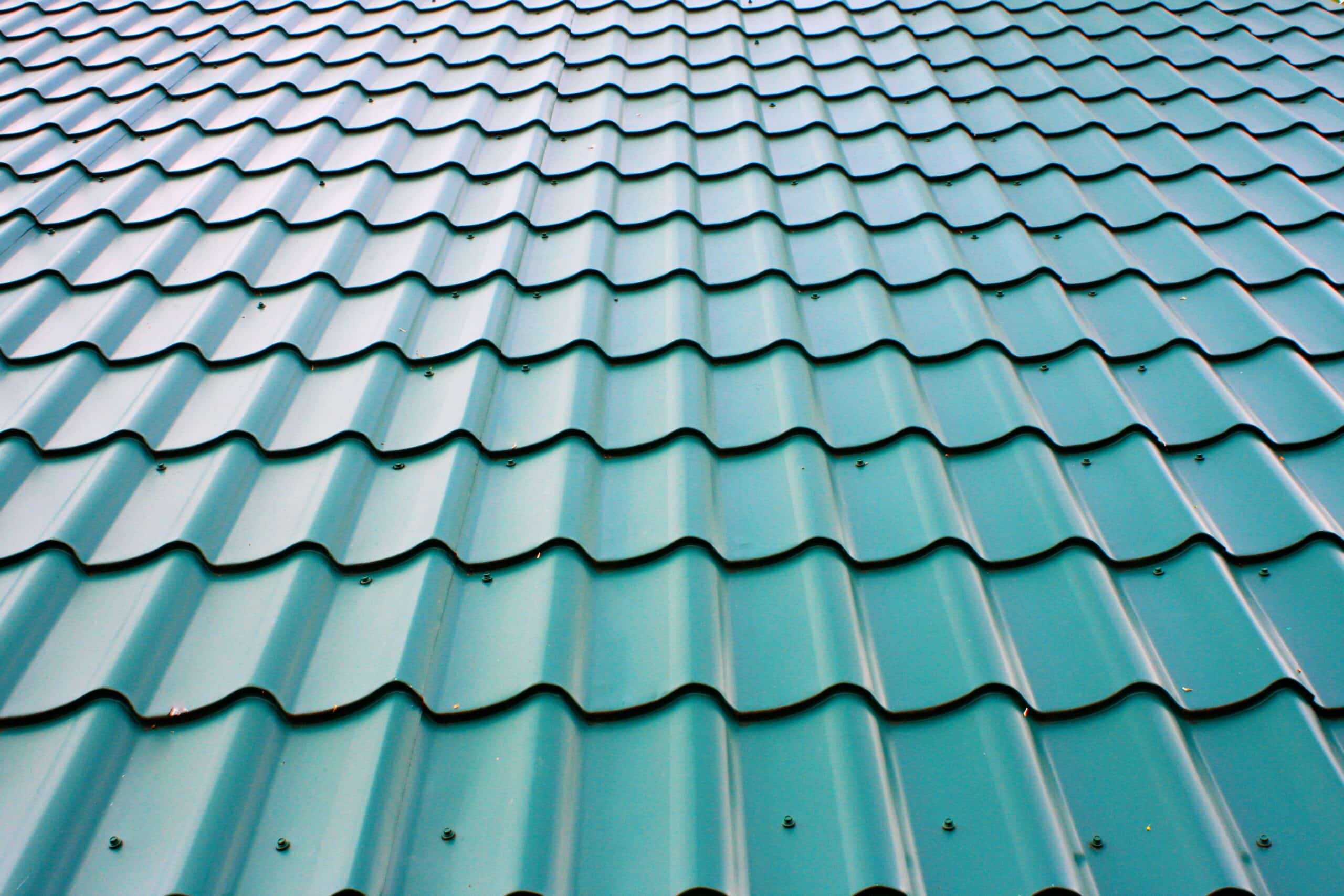Are you considering a metal roof for your home? While metal roofs offer durability and longevity, they aren’t always the best choice for every situation. Let’s explore when you might want to think twice before opting for a metal roof.
Understanding Metal Roof Drawbacks
Metal roofs are often praised for their resilience and longevity. However, it’s crucial to weigh these benefits against potential drawbacks to ensure you make the best decision for your home.
1. High Initial Cost
Metal roofs can be significantly more expensive than other roofing materials. While they last longer, the upfront cost can be prohibitive for some homeowners. Initial costs can deter many from choosing metal roofing, especially if they plan on moving within a few years.
2. Installation Complexity
Installing a metal roof requires specialized knowledge and experience. Metal roof installation issues can arise if not done by a skilled professional, leading to potential leaks and other problems down the line.
Common Metal Roof Problems
Despite their durability, metal roofs can face specific issues that might make them less appealing compared to other roofing options.
1. Noise Concerns
Metal roofs can be noisy, especially during rain or hailstorms. This can be a significant disadvantage if you’re sensitive to noise or prefer a quieter home environment. Noise reduction solutions can add to the cost and complexity of installation.
2. Denting and Damage
While metal roofs are strong, they aren’t immune to damage. Dents from hail or falling debris can be unsightly and may require professional repair to maintain the roof’s integrity.
Metal Roof vs. Asphalt Shingles
When comparing metal roofs to asphalt shingles, there are several factors to consider. Asphalt shingles are a popular alternative due to their affordability and ease of installation.
1. Cost Comparison
Asphalt shingles generally have a lower upfront cost compared to metal roofs. This can make them a more attractive option for budget-conscious homeowners.
| Aspect | Metal Roofs | Asphalt Shingles |
|---|---|---|
| Initial Cost | High | Low |
| Longevity | 40-70 years | 15-30 years |
| Maintenance | Low | Moderate |
| Noise Level | High | Low |
| Damage Resistance | Moderate | High |
2. Aesthetic and Style
While metal roofs offer a modern look, they may not suit every home’s architectural style. Asphalt shingles come in a variety of styles and colors, making them versatile for different aesthetics.
Additional Metal Roof Drawbacks
Beyond noise and cost, there are other considerations that might make you reconsider metal roofing.
1. Thermal Expansion
Metal roofs expand and contract with temperature changes, which can lead to fastener loosening and potential leaks over time.
2. Color Fading
The color of a metal roof can fade over time due to exposure to the sun and elements. This can affect the roof’s appearance and may necessitate repainting or recoating.
Conclusion
While metal roofs have their advantages, they aren’t always the best option for every homeowner. Weighing the disadvantages of metal roofing, such as cost and noise, against their benefits is essential. At Eustis Roofing, we provide expert advice and services to help you choose the best roofing solution for your needs. Contact us today to learn more about our metal roof services and how we can help you make the right choice for your home.
FAQs
1. What are the disadvantages of a metal roof? Metal roofs can be expensive, noisy, and susceptible to denting and thermal expansion issues.
2. Why is a metal roof not always the best choice? While durable, metal roofs have a high initial cost, installation complexity, and noise issues that might make them less ideal for some homeowners.
3. How does a metal roof compare to asphalt shingles? Metal roofs are more expensive and durable, but asphalt shingles are cheaper and easier to install, with more style options.
4. Can metal roofs be damaged easily? Yes, metal roofs can dent from hail or debris and can also experience issues with thermal expansion.
5. Should I consider metal roof installation issues? Absolutely. Proper installation is crucial to prevent leaks and other problems, requiring skilled professionals for the job.



